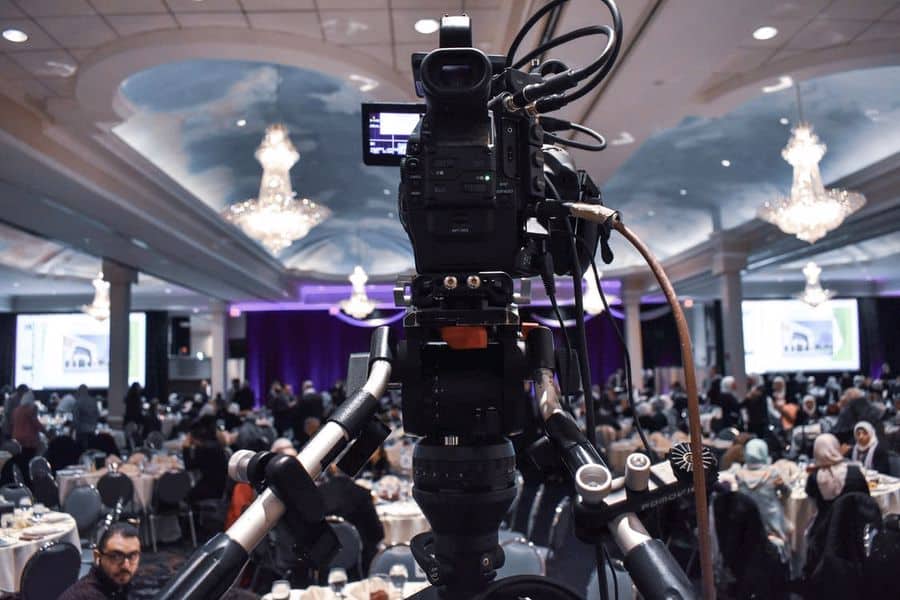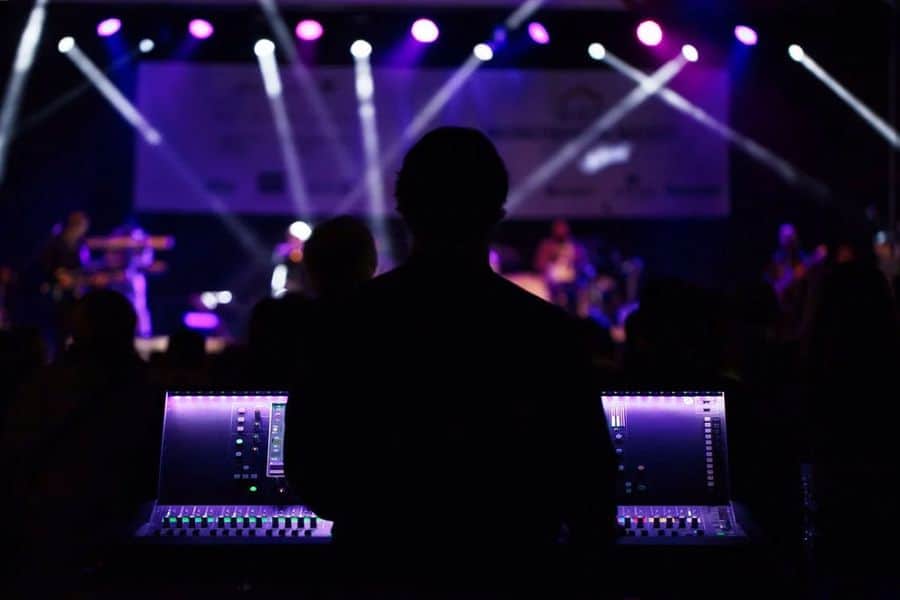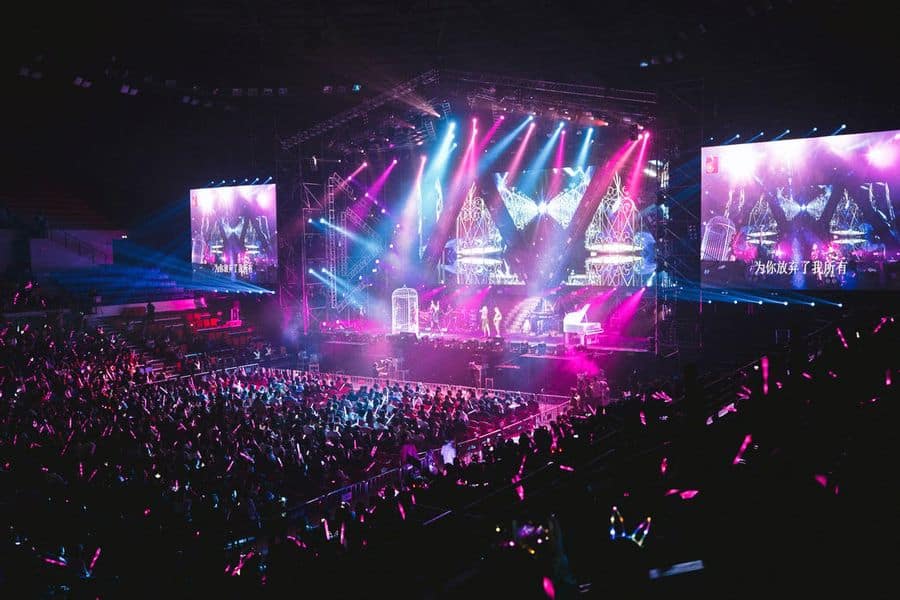Event production has become essential for many businesses and organizations in recent years. It has been used to promote products, services, and causes, increase brand awareness, and raise money for charities. So, what is a live event production, and how can it benefit your organization?
What Is Live Event Production?
Live event production is creating and executing a live event, such as a concert, festival, conference, or sporting event. It involves everything from the initial planning and design of the event to the day-of coordination and execution. It also requires technical expertise, creative vision, and meticulous attention to detail to create a successful and memorable event.

Live production is often used as a promotional and marketing tool to achieve a variety of objectives. For instance, you can create brand awareness, generate leads, or drive sales. This will lead to an increase in revenue for your organization.
There are many different aspects to event production, and it can be overwhelming to plan and execute an event on your own. That’s why working with a team of experienced professionals who can handle all the details for you is essential. From finding the perfect venue to designing and executing a flawless event, our production specialists will ensure that everything goes off without a hitch.
The Process of Live Production Planning
Before you start the process, you need to have a clear pathway of what you want the result to look like. This means having a detailed plan that considers all of the event’s necessary elements and how they will come together. The following are key steps to help you plan your live production:
Define the Scope of the Event
This is the first and arguably the most important step in planning your live production. The scope of the event will determine everything else that follows, so you must have a clear understanding of what the event is supposed to achieve. To do this, ask yourself the following questions:
- What is the purpose of the event?
- Who is the target audience?
- What message do you want to communicate?
Once you have answers to these questions, you can begin to determine the scale and scope of the event. For example, if you’re planning a small corporate event for 200 people, you’ll have very different requirements than if you’re planning a music festival for 20,000 people.

Determine the Logistics
After you’ve determined the scope of the event, it’s time to start planning the logistics. This includes everything from booking the venue and securing permits to ordering supplies and booking travel. To ensure everything goes smoothly, it’s important to understand your event’s needs and requirements clearly.
Some of the things you’ll need to consider when planning the logistics of your event include:
- The type of event
- The number of people attending
- The length of the event
- The location of the event
- The date and time of the event
- Whether you’ll need to rent equipment or supplies
Develop a Budget for the Event
Of course, no event can be planned without a budget. Your event’s budget will determine what’s possible and what’s not, so it’s important to develop a realistic budget before you start making any firm plans.
When developing your budget, be sure to consider all of the event’s potential costs, including venue rental fees, permits and insurance, audio/visual equipment rental, marketing and advertising supplies, travel and accommodation, and labor.
Try as much as possible to cut costs without compromising the quality or success of the event. For instance, you can look for discounts on equipment rental or try to negotiate better rates with suppliers.
Choose the Right Venue for the Event
Choosing the right venue is one of the most important aspects of event planning. The venue you choose will greatly impact your event’s overall success, so it’s important to take the time to find a venue that meets all of your event’s needs.
Most of the venues will be rented out for a certain amount of time. Be sure to take into consideration how much time it will take your vendors to set-up and breakdown their equipment/contributions to your event when securing the venue. This way, you can book the venue for the required time and avoid any unnecessary fees.

Select the Right Live Event Production Company to Run the Shows
Now that you understand what’s involved in live production, it’s time to start looking for a production company that can help you make your event a success. First, ensure the company has all of the equipment you need for your specific event. From PA systems to stages and backdrops, your production company should have everything you need to make your event a success.
At Vario, we create memorable events through creative design, cutting-edge technology & flawless execution. We are your single-source solution for all live production needs. Our experienced professionals will work closely with you to understand your specific event needs and develop a custom solution that meets your budget and requirements.
The company you select will now run the events for you. They will take care of all the behind-the-scenes work, from setting up equipment to running the sound and lighting. This will allow you to focus on other aspects of the event, such as mingling with guests and ensuring everything runs smoothly.
Frequently Asked Questions
How Does One Choose a Live Production Company?
Consider your specific event needs and requirements. Next, make a list of the equipment you need for your event. Once you have a list of your equipment needs, start looking for a production company that can provide all the necessary equipment, key personnel, and experience.
Who Is an Audio Operator in a Live Production?
An audio operator is responsible for running the sound for a live event. This includes setting up and testing equipment, mixing audio levels, and operating microphones. Therefore, a live audio operator must have a strong understanding of audio equipment and its use.
Conclusion
Live event production is a complex and multi-faceted process. From choosing the right venue to selecting the right event production company, there are many factors to consider. However, you can ensure your event is successful by understanding the basics of live production.






